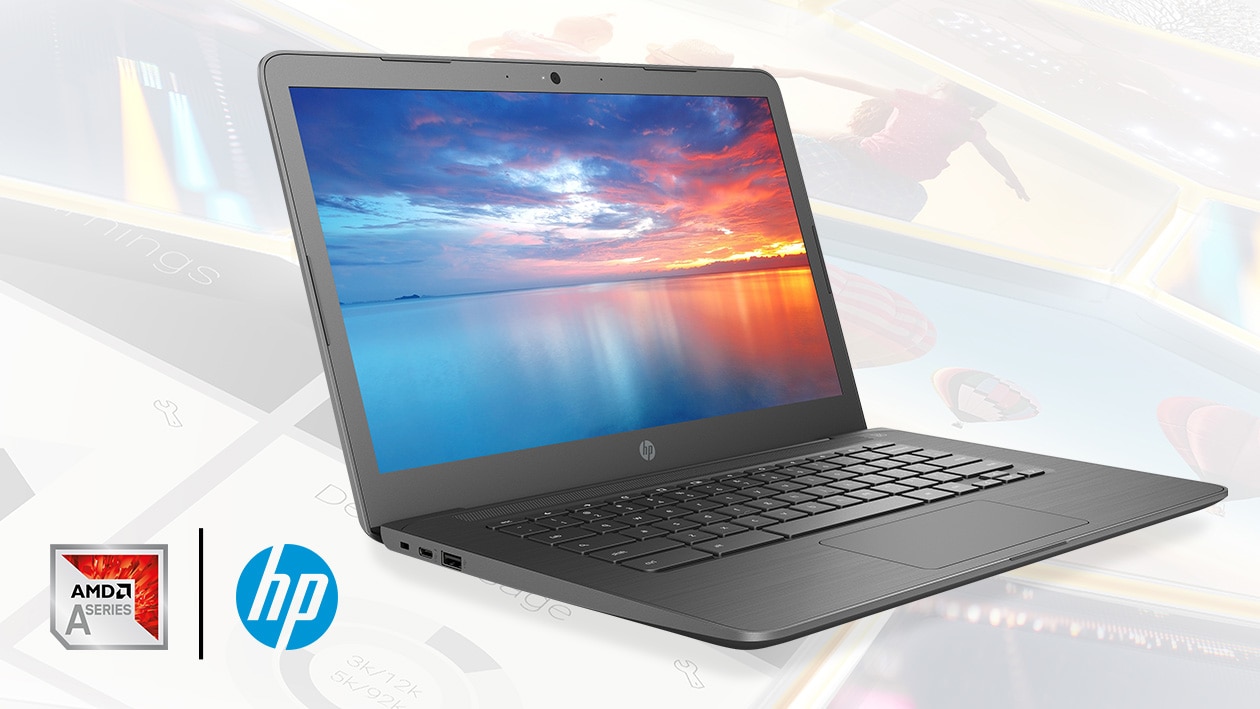AMD Zen+ Chromebooks a Step Closer, Thanks to Google Coreboot Support
Google has added support for AMD’s Zen-based Picasso APU in the open source Coreboot project, which is an alternative to the proprietary UEFI firmware we see on most modern systems today, with the exception of Chromebooks and some Linux computers.
Chrome OS Coming to AMD Zen
Google has recently been working on bringing Fuchsia (a new operating system the company has been developing) and Chrome OS support to multiple AMD processors. The latest to receive support in the open source Coreboot firmware were AMD’s 7th gen Stoney Ridge APUs which were used in HP’s first-ever AMD-based Chromebooks.
In January, AMD announced the Picasso APU series, which uses a Zen+ CPU and Vega graphics. According to recent rumors, Google was already working on adding support in Chrome OS for a reference design board called Zork that used the Picasso APU. The latest news about Picasso being supported in Coreboot reinforces the idea that we’ll soon see some Chromebooks using AMD’s latest generation of mobile APUs..
AMD and Coreboot
Although AMD has been a strong supporter of open source firmware in the past few years, it’s unlikely we’ll see official support for Coreboot in AMD-supporting motherboards anytime soon. However, the open source community, which includes vendors of security and privacy-focused, Linux-based machines that currently have no choice but to use Intel, would surely appreciate it.
Until then, Chromebooks will likely remain the only devices where we’ll see Coreboot and AMD chips working together. These machines should benefit from increased security given by both a much smaller attack surface than UEFI firmware, as well as generally being more audited due to Coreboot’s open source nature.
These first Picasso-based Chromebooks are expected to ship in the second half of the year.
Get Tom's Hardware's best news and in-depth reviews, straight to your inbox.
Lucian Armasu is a Contributing Writer for Tom's Hardware US. He covers software news and the issues surrounding privacy and security.
